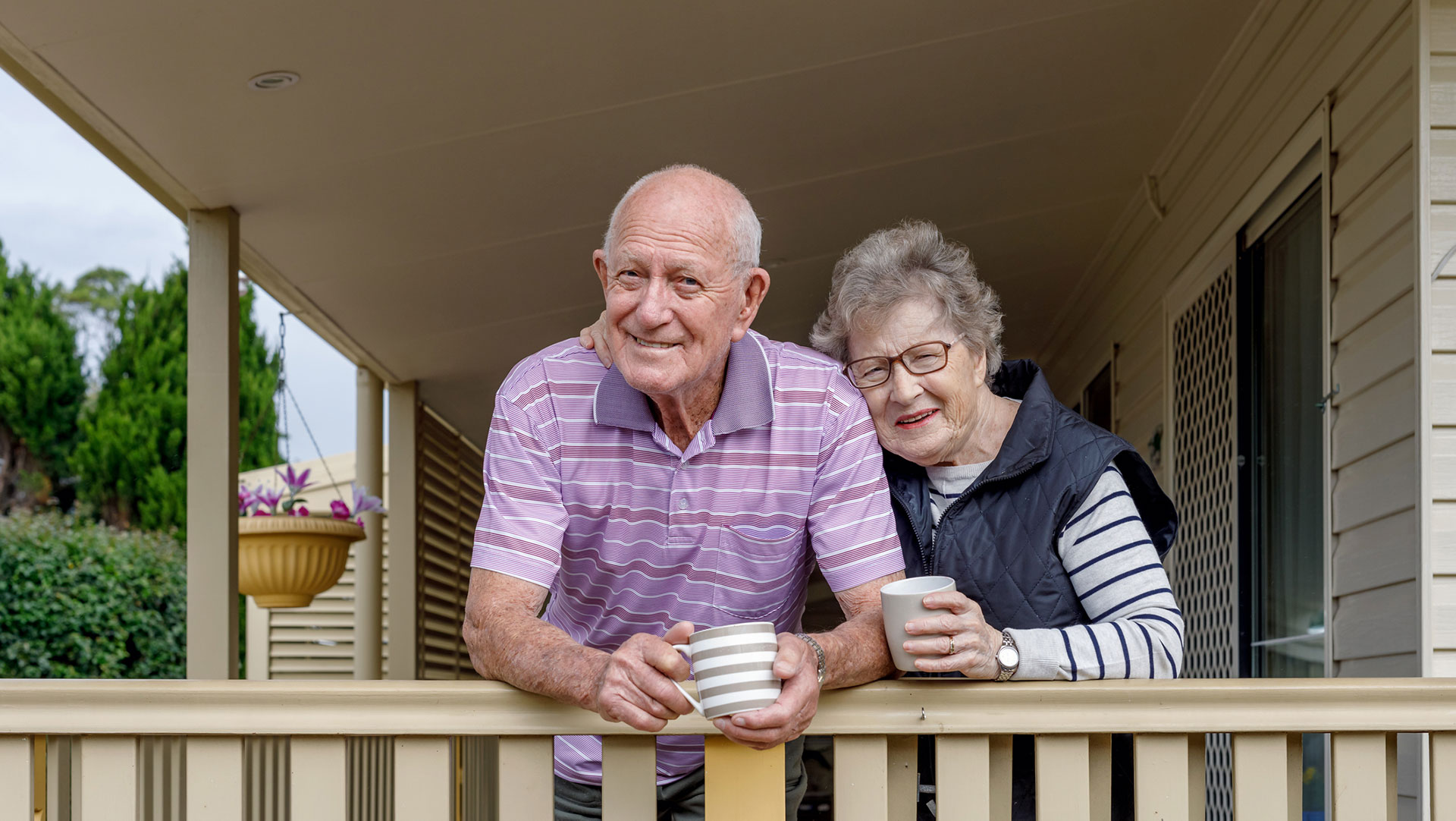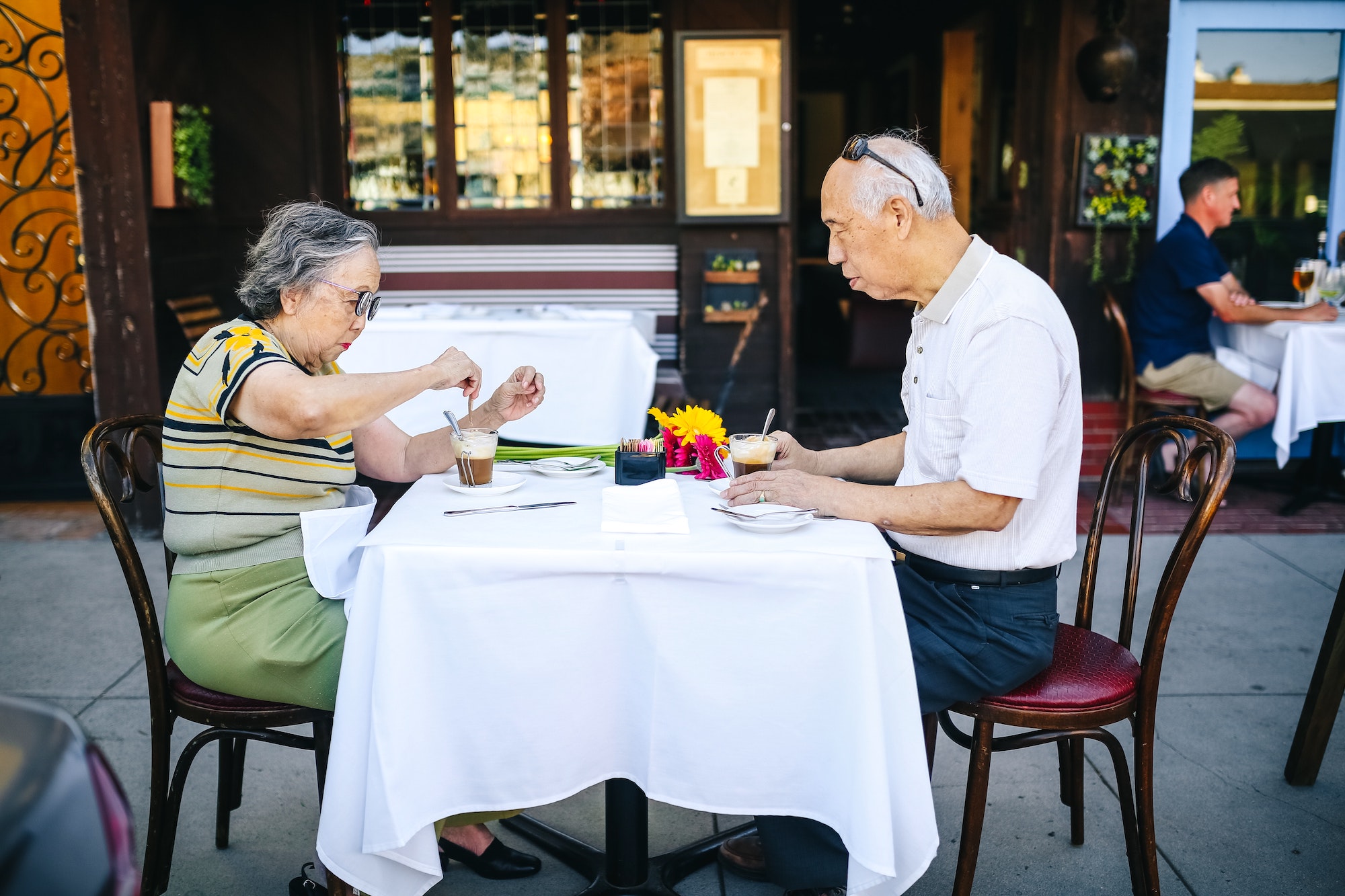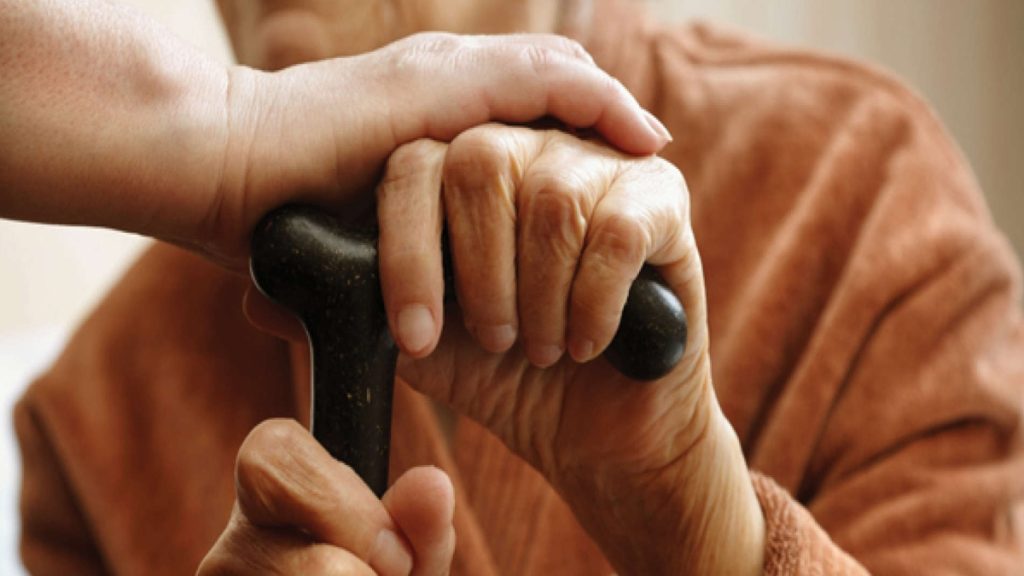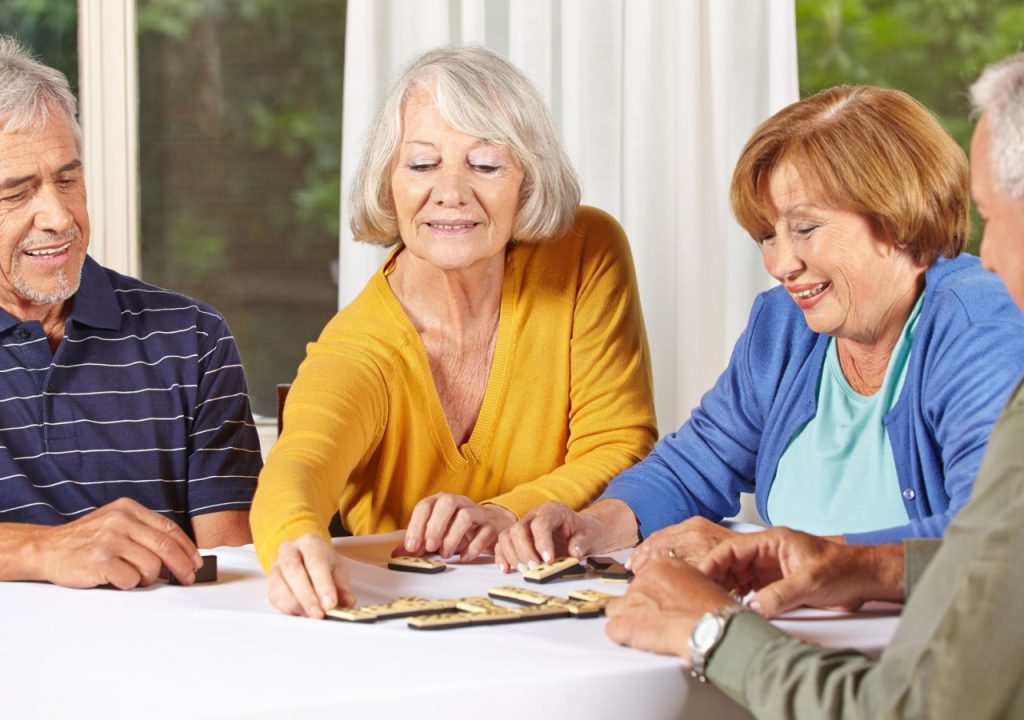
How to Safeguard Property Rights of Senior Citizens
How to safeguard property rights of senior citizens? The law has specific guidelines for senior citizens. This article will discuss the Federal laws for senior citizens’ property rights. You will also learn about transfers to children and the laws on revocation of gifts. You will have peace of mind and avoid the risk of unwanted surprises when it comes to estate planning. Read on to find out more! Also, remember to get legal advice for your senior citizens.
Legal protections for senior citizens
Senior citizens are entitled to certain legal protections. As a rule, elders are not permitted to sell their property, but they can gift it to their children as long as the condition is met. Senior citizens can also include a condition related to self-maintenance in a gift agreement. Senior citizens can also apply for a tribunal to recover their property in case their children fail to meet their responsibilities. You can visit wilmacliving.com for more detail about legal protections for senior citizens.
The Senior Citizens Act provides legal protections for seniors’ property rights, such as the right to reclaim property if it is transferred to their children. Under this Act, children of senior citizens have the right to seek the voidance of a gift if their parents fail to meet their basic physical and financial needs. Moreover, the act grants senior citizens the right to seek relief from a gift made by their children if the transfer was fraudulent, coercive, or under the influence of the child. Click here for universal rights relevant to senior citizens.

Federal laws protect their property rights
Under the Senior Consumer Protection Act (SCPPA), older people are protected from financial exploitation of their personal property. This Act protects senior citizens from financial predators and allows them to take legal action when they are abused or cheated. The Act also protects the property rights of senior citizens, such as their homes and automobiles. The SCPPA also protects the property rights of older persons against eviction, harassment, and other forms of abuse.
The Elderly Property Protection Act does not allow for the expulsion of children from a senior’s property. As long as the children provide basic physical and emotional needs, the elder can recover their property by approaching a tribunal. In some cases, children may attempt to force senior citizens to give up their property. However, the Senior Citizens Protection Act prevents the removal of children from their parents’ property. Moreover, the Act also protects the rights of senior citizens to change the name of their properties.
Transfers to children
Transfers to children of senior citizens to safeguard their property rights are a common question elder law attorneys hear. Many people, at certain ages, fear that the state will take their money and property if they pass away. However, transfers to children should be avoided. Listed below are the pros and cons of transferring to children. If you are considering transferring your assets to your children, be sure to read all of the information before making your decision.
Revocation of gifts
The Senior Citizens Act protects the property rights of senior citizens. It provides the senior with the right to reclaim a gift, regain property transferred, or remove a relative from the property. This article explores recent jurisprudence concerning these rights. First, it is important to understand that a gift cannot be revoked unilaterally or against the will of the transferor. It must also have been made under coercion or undue influence.
Under the Senior Citizens Act, a senior citizen may gift property to a child, so long as he/she maintains it for the aged. The act also requires the children to provide basic physical and amenities for the senior. If a child transfers a property to an ailing parent without ensuring their well-being, they may seek to revoke it. Upon a senior citizen’s request, the court will declare a gift void if it was made through fraud, coercion, or undue influence.

Gifts in trust
The legal status of gifts in trust to protect property rights of senior citizens varies widely, but it has one common thread: the need to protect the elderly and the donor’s feelings. Many older donors may hesitate to give their assets to a donee outright, for example, fearing that the donee may die or divorce or simply lack the necessary business skills to manage the property. Luckily, there are ways to protect the senior’s property rights while still leaving them as the donee’s legal representative.
Giving a gift to a spouse in trust for their property rights can be a beneficial move for many reasons. It can decrease the taxable estate of the donor and reduce taxes, as the gift itself is removed from the taxable estate. Secondary reasons include seeing the beneficiaries benefit during the Donor’s lifetime and providing funds for their grandchildren’s education. As long as the donor intends to leave the property in trust for a long time, it should be fine.
Outright transfers
This question is one that attorneys at elder law firms hear often. It reflects the conflicting feelings of a donor and the donee. The donee may be apprehensive about giving away their property outright for fear of losing their money to the state. The donor, meanwhile, may be worried about losing control over his or her finances because of the impending death of the donee or the fact that the donee lacks business skills.
Under the Senior Citizens Act, a senior citizen can gift property to their children as long as the children provide their basic needs and amenities. But if the gift is made under duress, fraud, or coercion, the senior citizen parent can seek to have the transfer declared invalid. The law also protects the right of the elder to declare the transfer invalid. However, it is best to consult an attorney before making any decisions.








